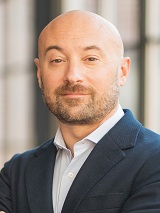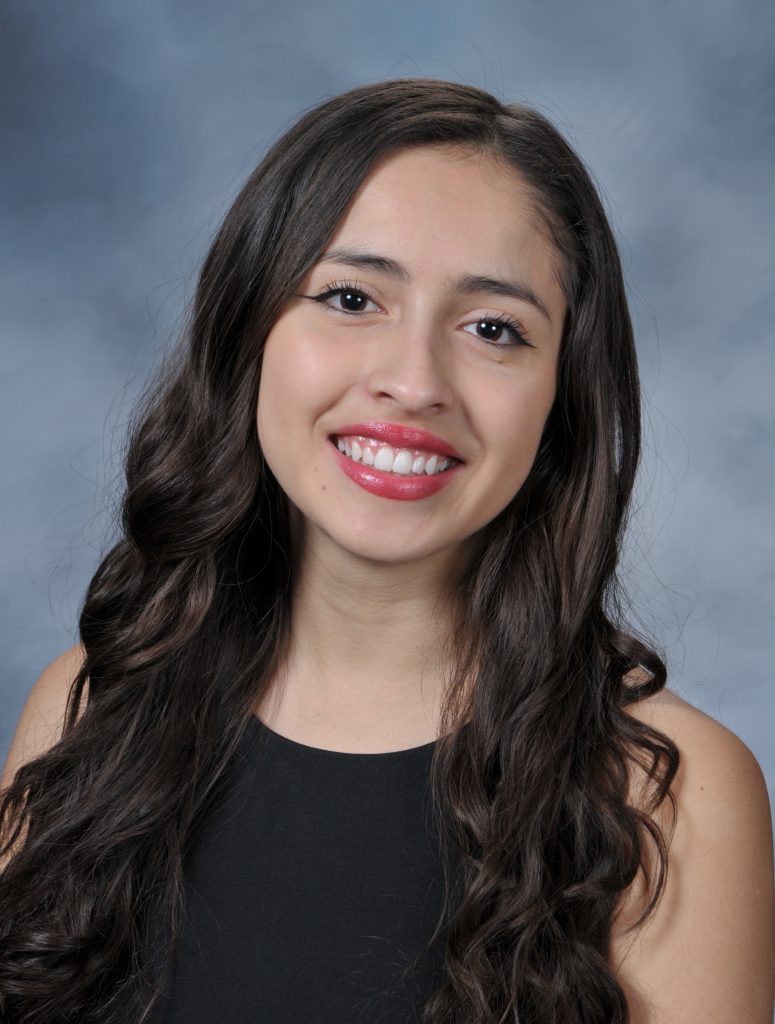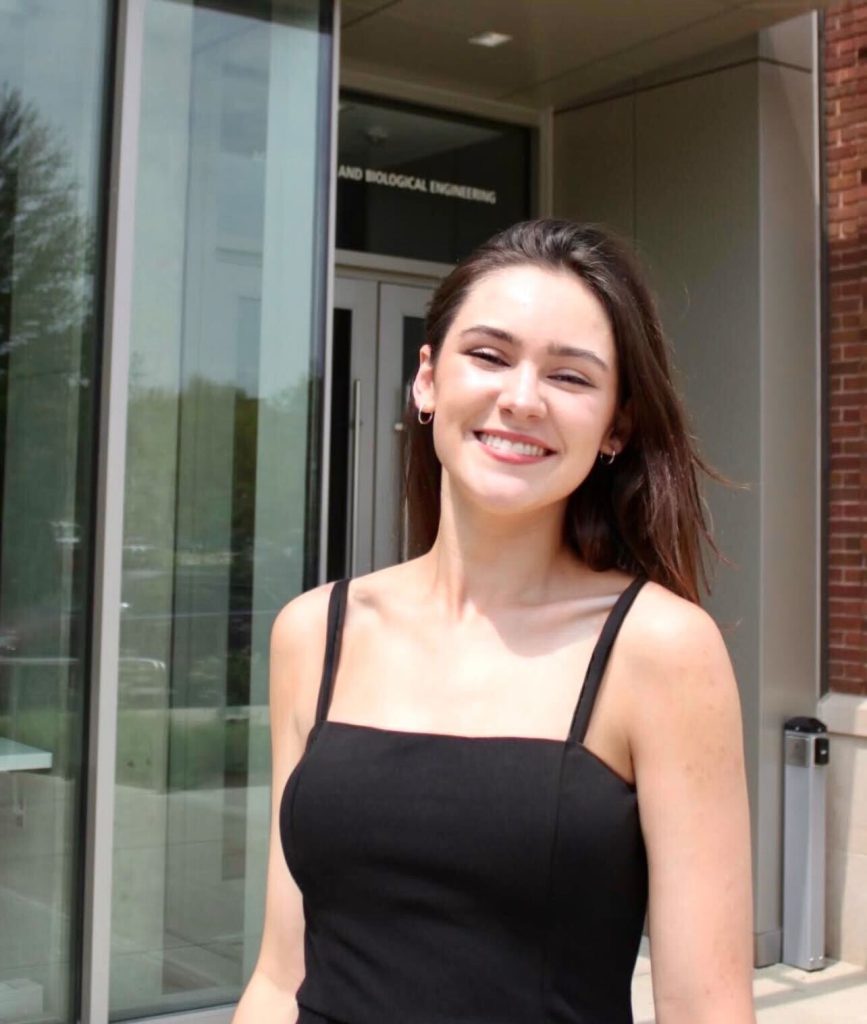
The Pravetoni group focuses on development and translation of medical interventions against substance use disorders (SUD) and other chemical and biological threats. Current efforts are: 1) vaccines, monoclonal antibodies (mAb), and small molecules to treat or prevent SUD, opioid use disorders (OUD) and overdose, 2) mechanisms and biomarkers underlying or predicting efficacy of immunotherapeutics and medications in pre-clinical models of SUD and OUD patients, 3) novel strategies to enhance vaccine or medication efficacy, including immunomodulators, small molecules, adjuvants, nanoparticles, polymers and other delivery platforms, 4) Vaccines, mAb, and clinical biomarkers against infectious diseases (e.g., Read More

Crystal is a graduate student in Professor Sean Gibbon’s Lab at the Institute for Systems Biology. She is interested in studying the various ways in which microbially produced metabolites from the human gut microbiome influence health outcomes (i.e., contributing to disease pathology or altering response to medications). Prior to graduate school at UW, Crystal obtained B.S. and M.S. degrees in Biology from Stanford University. Read More

Professor and Vice Dean of Research and Graduate Education, UW School of Medicine, Sakiyama-Elbert’s own research focuses on developing new bioactive materials to drive tissue regeneration and cell transplant survival after nervous system injuries. Her lab at UW BioE continues her work developing techniques to promote functional recovery after spinal cord injury and treat peripheral nerve damage. Her team develops methods to prompt stem cells to give rise to the various neural cells needed for spinal cord regeneration, optimizes cell populations for transplantation, and designs materials for controlled growth factor and drug delivery. Read More

Alyssa is a graduate student co-advised in Dr. Sean Gibbon’s microbial ecology lab at the Institute for Systems Biology and Dr. Abbie Schindler’s trauma and stress lab at VA Puget Sound. She is using data science to study the molecular gut-brain axis and how this system is impacted by trauma, stress, and aging. She is an NIH T32 Fellow in the University of Washington Alzheimer’s Disease Training Program. Alyssa holds a B.S. in Biological Engineering with a concentration in Cellular and Biomolecular Engineering from Purdue University. Read More